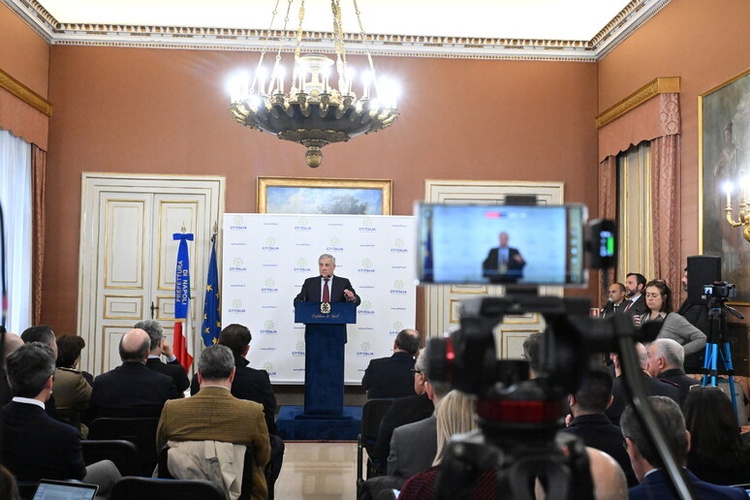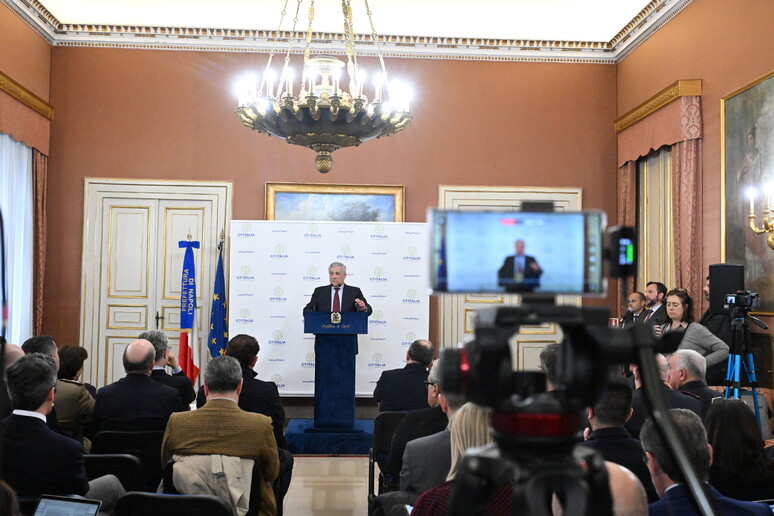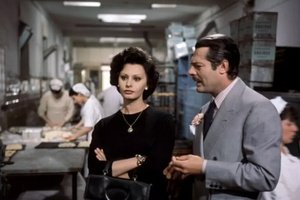The goal of the meetings is the aversion of escalation of the current conflict in the Middle East among the priorities.
“The Italian-led G7 has the job of working for peace in an international scenario characterised by very strong tension,” said Tajani.
“The government is engaged in an all-round effort to achieve this objective and we are certain that the meeting in Capri will make an important contribution.”
Tajani has called for restraint by Israel after last weekend’s attack on it by Iran, who themselves were responding to an attack on one of their diplomatic buildings by Israel.
“Israel has achieved a clear success, practically completely neutralising the effects of the unacceptable Iranian attack,” Tajani said in an interview with daily newspaper La Stampa after talking to his Israeli counterpart Israel Katz.
“So, I said I hoped that they would stop here, consolidating this political and military success.”
He said there had been “some positive signs” that Israel might show restraint, stressing that the Israelis “are not insensitive to the G7’s requests”.
“The first results can be seen - the response to Iran has not been seen for now and the attack on Rafah has been postponed.”
He said Italy had to play its part “whether it be big or small, following the Italian tradition of dialoguing with everyone”.
The G7 ministers will also talk about Russia’s attack on Ukraine and Tajani has invited his Ukrainian counterpart Dmytro Kuleba and NATO Secretary General Jens Stoltenberg to discuss this.
There will be a session on Africa, featuring Mauritanian Foreign Minister Mohamed Salem Ould Merzoug, and talks focusing on the Indio-Pacific, cybersecurity, artificial intelligence and the fight against disinformation.
This year Italy holds the G7 duty presidency.
Mauritania President Mohamed Ould Ghazouani is currently the chair of the African Union.
ANSA











